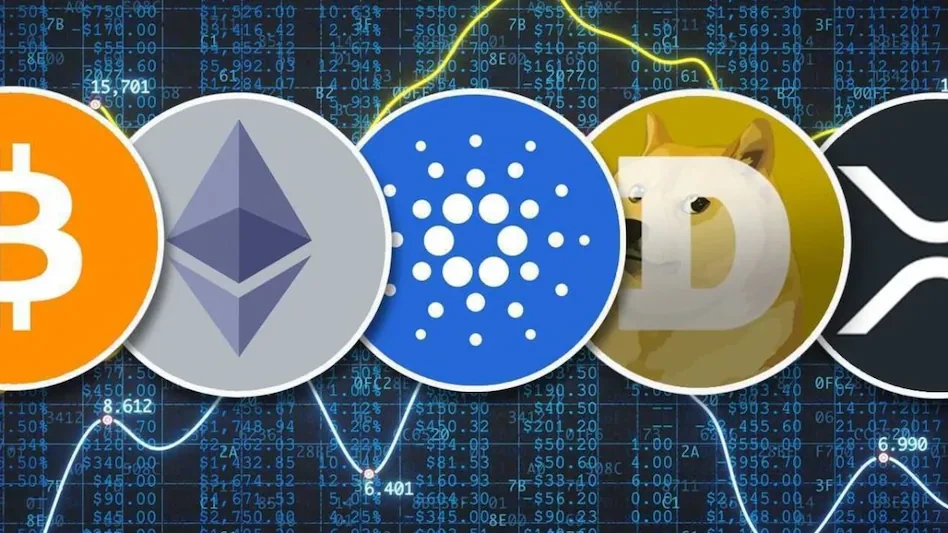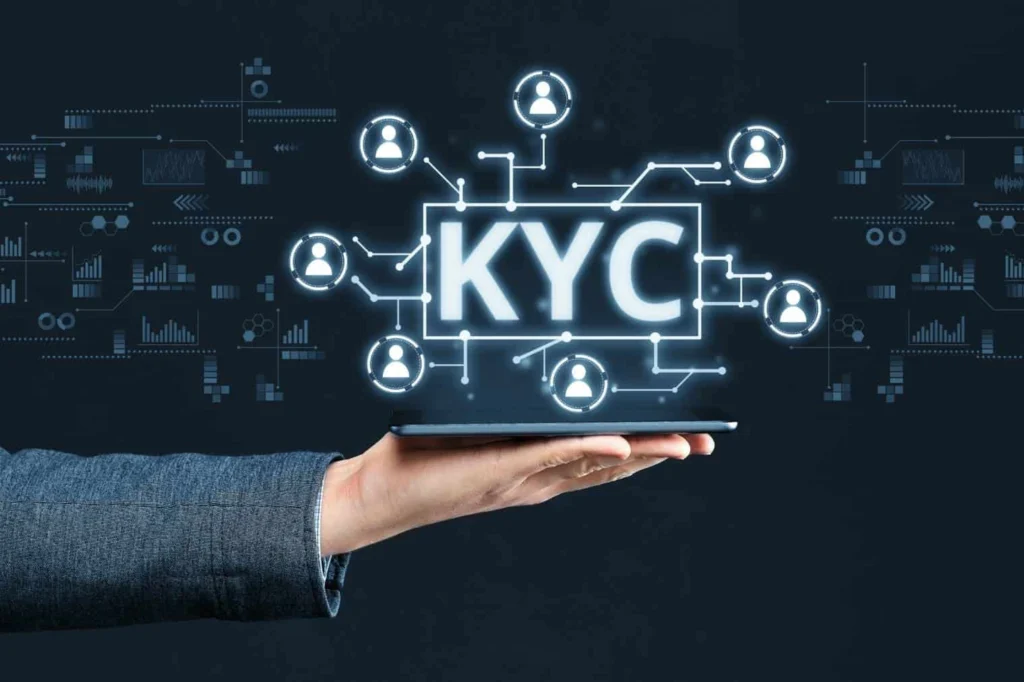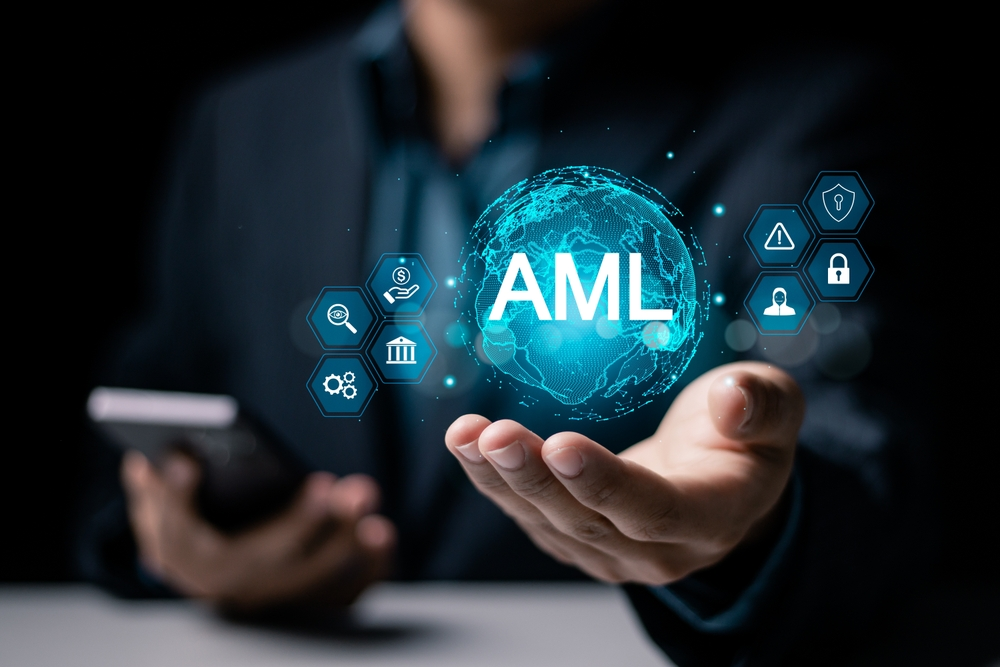Tokenized Real Estate: Innovation Meets Regulation
Real estate investment has traditionally required significant capital, legal complexity, and a willingness to commit long-term. Now, tokenized real estate is attempting to lower the bar—but not without raising major regulatory questions.
Turning buildings into tradable digital tokens is more than just a tech trend. It’s a legal tightrope walk involving securities laws, ownership rights, and jurisdictional compliance. If you’re thinking of getting in on this, it’s important to understand not just the promise—but the rules.


What Is Tokenized Real Estate—Legally Speaking?
Tokenized real estate refers to converting ownership of a real-world property (or a share in one) into digital tokens stored on a blockchain. These tokens typically represent equity in a legal entity—often an LLC—that holds the asset.
But make no mistake: these tokens often qualify as securities under many jurisdictions’ laws. That means they fall under the purview of regulatory bodies like the U.S. SEC, the UK’s FCA, or the European Securities and Markets Authority (ESMA).
Depending on how the token is structured and marketed, it could trigger:
- Securities registration requirements
- KYC (Know Your Customer) and AML (Anti-Money Laundering) obligations
- Restrictions on who can invest (e.g., accredited vs. retail investors)


In short, issuing or trading tokenized property isn’t just about smart contracts—it’s about smart compliance.
How Tokenized Real Estate Works—from a Legal Viewpoint
Here’s the general legal and structural flow:
- Asset Ownership: The property is placed under a special-purpose vehicle (SPV), usually a corporation or LLC.
- Legal Framework: Documents (like an operating agreement) define rights, duties, and distributions for token holders.
- Token Issuance: Digital tokens representing shares or debt are created under a regulatory exemption (like Reg D or Reg S in the U.S.).
- Offering & Sale: Tokens are sold through a regulated marketplace or via private placement.
- Ongoing Compliance: Issuers must manage reporting obligations, disclosures, and potentially investor protections.
Each of these steps must comply with national and sometimes cross-border regulations. Blockchain doesn’t eliminate the law—it adds a new layer to it.


Key Regulatory Concerns of Tokenized Real Estate
1. Securities Law Compliance
If a tokenized offering is deemed a security, issuers must comply with the relevant laws. In the U.S., that means registration or an exemption under SEC rules. Non-compliance can result in severe penalties or forced refunds to investors.
2. Cross-Border Sales
Can someone in Germany invest in a property token based in Miami? Maybe—but both German and U.S. laws could apply. That means platforms must vet investors and tailor offerings for each jurisdiction, often through geo-fencing or tailored disclosures.
3. Custody & Investor Rights
Who actually holds title to the property? Do token holders have voting rights? What happens in a foreclosure or bankruptcy? These questions fall under property law, contract law, and sometimes consumer protection laws, depending on the country.
4. Secondary Market Regulation
If tokens are traded post-sale, the platform might need to register as an Alternative Trading System (ATS) in the U.S. or obtain similar licenses elsewhere. Without that, secondary market trading could be legally murky—or outright prohibited.


Global Approaches to Regulation
Different countries take different stances:
- Switzerland has embraced tokenized securities under its DLT framework.
- Singapore offers clarity through its Payment Services Act and MAS sandboxing.
- The U.S. is more conservative, with the SEC often erring on the side of caution.
- China bans crypto-token trading entirely, effectively ruling out tokenized property.
If you’re investing or launching a platform, where you operate—and whom you serve—matters a lot.
Should You Be Cautious? Absolutely. But Not Paralyzed.
Investing in tokenized real estate is promising, but you should approach it like you would any securities offering—with due diligence and professional advice.
If you’re an investor, ask:
- Is this platform licensed or compliant with securities regulations?
- What legal rights do I have as a token holder?
- Can I resell the token legally?
If you’re an issuer or platform, consult with legal counsel early and often. Tokenization isn’t a legal shortcut—it’s a more tech-savvy version of traditional ownership.
Final Thoughts: Law Before Ledger
Tokenized real estate is not just a fintech revolution—it’s a legal evolution. As jurisdictions adapt, the potential for broader adoption grows. But for now, success lies in combining innovation with compliance.
Because the next big real estate opportunity might not just live on the blockchain—it might also live in a carefully worded disclosure document filed with your local securities regulator.
Relevant Link : Here



